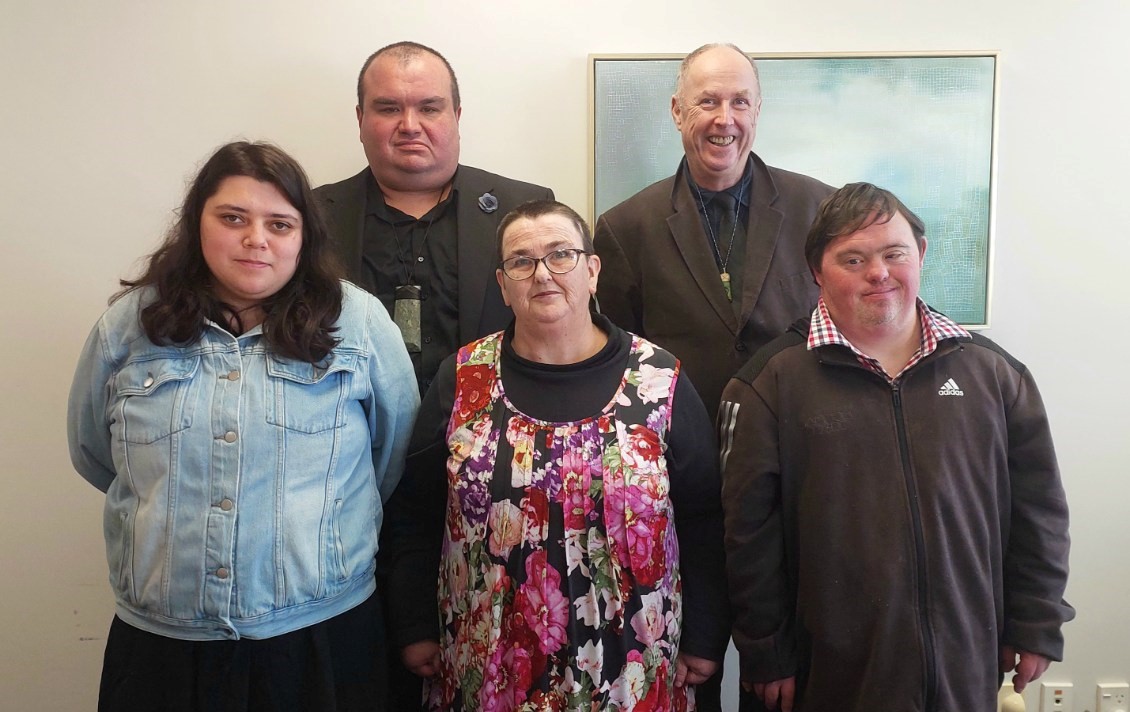Categories
Kōrero

It’s hard to avoid discussions about the cost of living now. The Consumer Price Index has just hit its highest level in three decades – it’s costing more and more to fill up our supermarket trolleys, our cars and, quite simply, our family members.
We all try to make our pay or our benefits stretch further. But what if you are earning less than $2 an hour because you have an intellectual disability and you are on a minimum wage exemption? We have recently commented on this injustice in the media.

Yes, it is a complex issue. Yes, we want people to have jobs and opportunities. It is made more complex by the caps on what people can earn while receiving a benefit – but we say there must be a better way to pay people fairly for the hours they work, and they should be able to buy more than small, overpriced supermarket items. You can read more about this here.
This cuts to the core of why advocacy in IHC is so strong. A key right is the right to a good home and a good life. The Supported Living Payment is $359.00 a week after tax (over 18, single rate) and the standard Disability Allowance is a maximum of $70.04 – that’s more than Jobseeker Support of $315.00 after tax (over 25, single rate) but not by much. (See all the latest rates.) Also, the idea of Jobseeker Support is that it’s not forever and that people may earn more when they find a job. But the Supported Living Payment and Disability Allowance represent long-term fixed incomes.
Accessible Properties plays a key role. As a community housing provider its tenants qualify for the Government’s income-related rent subsidy that caps the rent at 25 percent of their income (with the Government funding the shortfall). We all hear the horror stories of people paying half or more of their income on rent in the open rental market, so it’s great that most of our tenants (with and without disabilities) are left with 75 percent of their incomes for other bills. However, the size of the Supported Living Payments and Disability Allowances means that for many people the budget is still very tight.
Accessible Properties manages IHC’s houses and properties and provides housing and tenancy services for social housing.
The housing shortage in New Zealand has reached an all-time high – and with increased costs of living more New Zealanders (with or without jobs) simply cannot afford market rents. Rents for new tenancies nationwide rose by 5.8 percent in the year to December 2021, according to Stats NZ’s latest rental price index.
At March 2022 there were 26,868 applicants on the Government’s social housing waitlist, an increase of 13.4 percent since 31 March 2021. Accessible Properties is working hard to build more homes, but with increased costs and labour and supply shortages.
At these times it is more important than ever that we focus on providing our core services while innovating to ensure quality and opportunities that improve people’s lives. It will be a big year ahead and we look forward to keeping you updated.

This story was published in Strong Voices. The magazine is posted free to all IHC members.
Download PDF of Strong Voices issue







